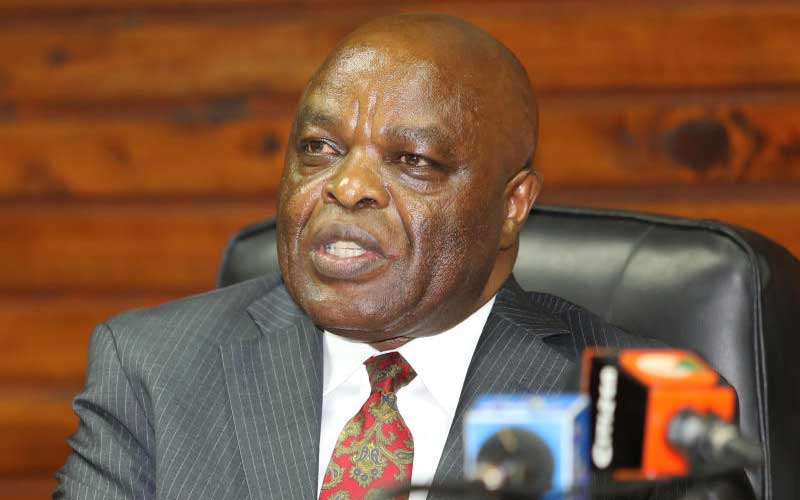×
The Standard e-Paper
Stay Informed, Even Offline

Justice Reuben Nyakundi at a Mombasa court. [File, Standard]
Walking away from a marriage never to return, maybe even re-marrying, is sufficient grounds for one to be presumed to have divorced.